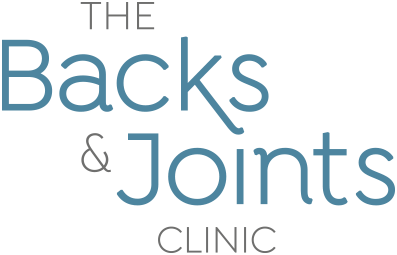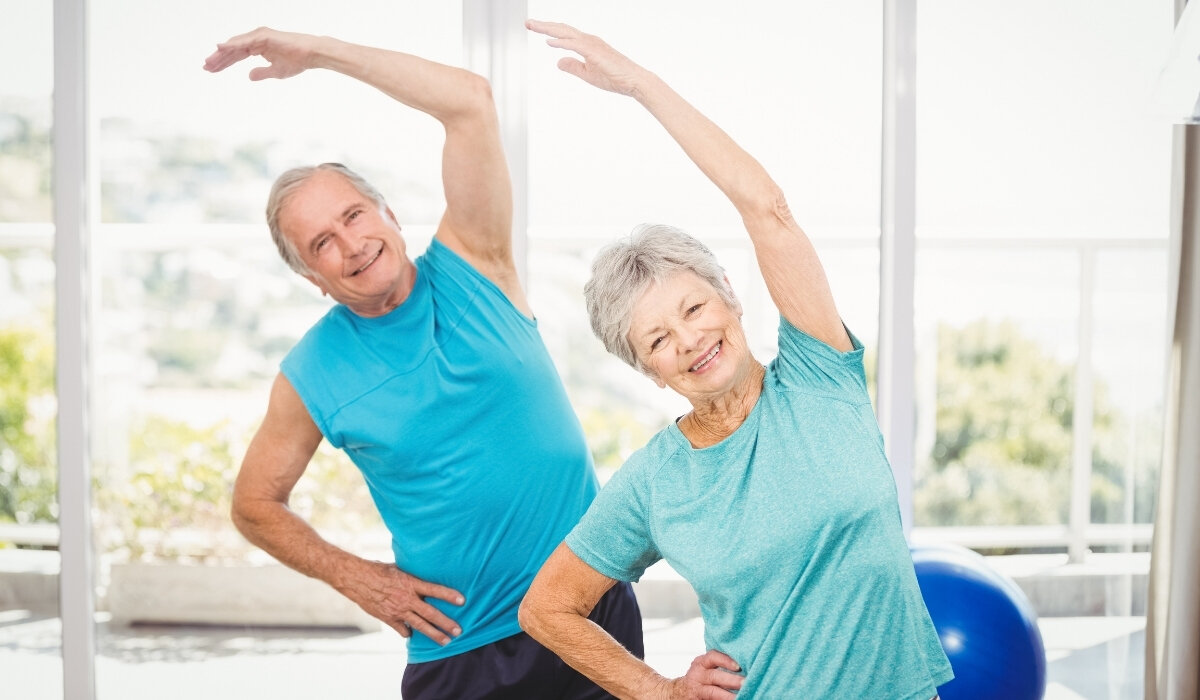Exercise - the New Medicine
You may have read, or even been told by your own GP, that you need to do some exercise. Prescribing exercise has become the new medicine, and for good reason.
Exercise has been proven to improve heart conditions, improve memory, decrease anxiety and help with mental health. Regular exercise is also a good way of keeping your body active, easing joint symptoms and working preventatively to ward off aches and pains.
At the clinic we regularly recommend exercise to help joint and back problems - improving bone and muscle health helps reduce the risk of recurring pain and problems.
Good posture
It all starts with good posture. When we are stressed, under pressure or anxious it is very easy to slip into poor posture habits. It becomes a vicious circle with tiredness, poor sleep, pain and so on. Posture is something we talk about with a lot of patients in the clinic.
To achieve good posture, it is important to have strong core muscles - they help your body to maintain the right posture. This can be helped with good diet - which feeds the muscles. Of course, exercise will help to strengthen your core muscles, as well as help your posture.
Different exercises to help joint and back health
Back pain can be very debilitating - causing lack of sleep, low mood and restricting movement. Whilst active therapies, like chiropractic treatment, will help the acute stages of pain, it is also about balancing your body, and maintaining symmetry to allow full movement. We like to encourage patients to exercise as soon as it is practical to do so.
Gentle stretching exercises can be a big help to get you back on your feet as soon as possible. Initially it is understandable that you would be concerned about making it worse. We are here to give you the right exercises to do at the right time, to support you.
When the initial pain has subsided we will encourage you to return to the exercise you usually enjoy. If that doesn't work for you, we will talk to you about other activities you can consider. This could be a range of home exercises, Pilates (Vera's favourite), running, swimming, cycling or gym classes and workouts. It's important that you find something you enjoy, as you are more likely to stick to it.
The benefits of exercise
The National Institute of Healthcare Excellence (NICE) recommend exercise three times per week for 45-60 minutes, for a period of three months for anybody suffering from mild to moderate depression.
Meanwhile, studies have demonstrated people in their seventies exercising for at least 20 minutes per day need fewer prescriptions.
Other studies have shown how exercise helps to reduce blood pressure and improve heart and gut health.
Light strength training and weight bearing exercises can increase bone and muscle strength. As we get older our muscle mass weakens and we become more prone to falls. Exercising can help to reduce that.
Exercise doesn't have to mean sweating profusely, or lifting heavy weights at the gym. Doing light squats, moving from a sitting to a standing position 20 times, or lifting a can of beans up and down is still a worthwhile exercise.
We want to help you stay fit and pain free. We will "prescribe" the best exercises to suit your needs and ability.

